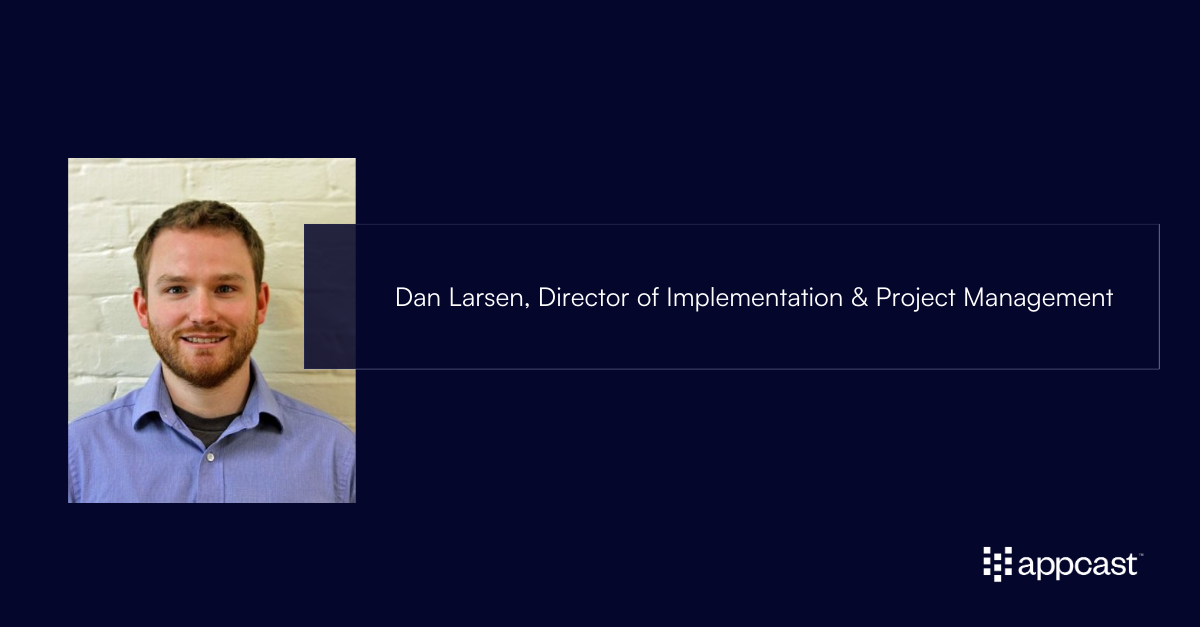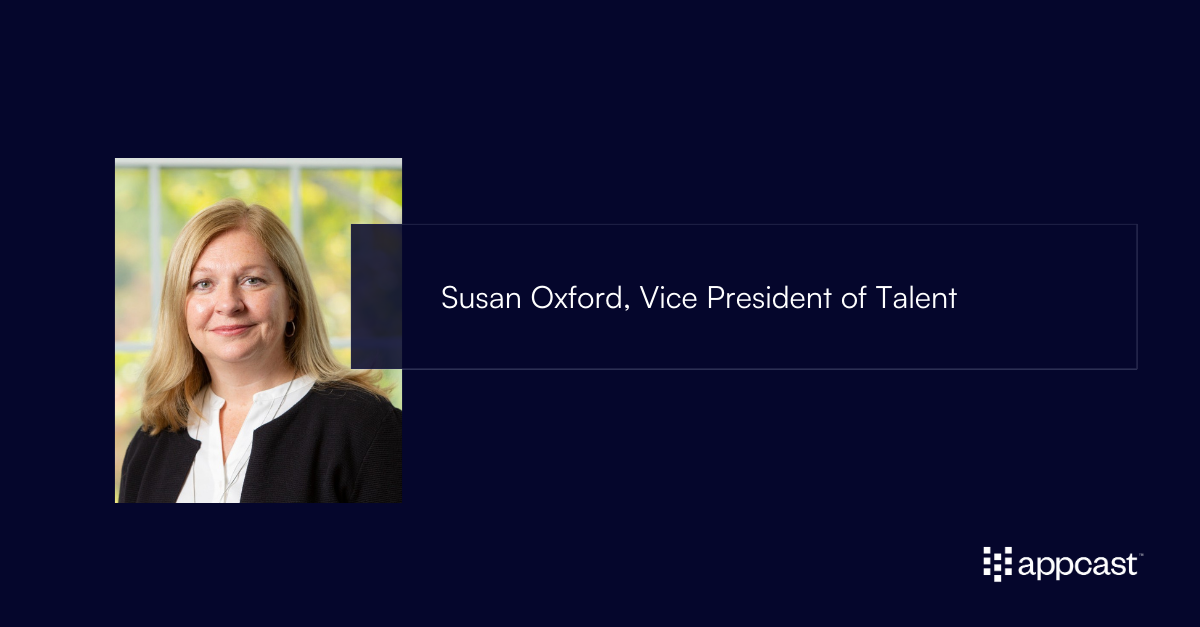Your job title is exceptional, and not in a good way.
If it doesn’t match what a candidate would use when searching. What would you enter into a search bar if you were a candidate looking for this job? That’s the title you should use. It might be tempting to use a fun title like Coding Ninja or you might be held to an internal title such Cust Serv Level II but these titles don’t match what candidates type into search bars – and clean keyword matching is key to getting to the top of the results list.
Your job title is waaay too long.
While it’s tempting to keyword stuff everything you think a candidate might type into a search bar into your job title, refrain. In addition to the title of the job, the other things that belong in the title are (if appropriate) “part-time”; “night shift’ or “remote,” and/or, if a specific skill is a must, terms such as “CDL” or “Class-B” for driver; or “Python”; Ruby” or “Java” for software developer.
You play it close to the vest when it comes to salary, but your competition is completely forthcoming.
If you don’t include salary information, candidates may assume you are paying less than a hiring organization that advertises what it is paying and candidates will not apply for your job. In fact, according to Payscale, job ads with salary ranges get 30% more job applicants than those without pay information.
Your job description is all about wonderful you.
Remember, the purpose of a job description is to sell the opportunity, not the company. Make sure when you read the job description you can answer the question “what’s in it for me” from the candidate’s perspective.
You don’t brag about your bennies.
It’s easy to include a quick one-liner about your benefits, but this isn’t a best practice. Successful job ads detail benefits. If you have glossed over yours in a sentence while other companies have carefully listed theirs, you will lose candidates.
Your job requirements read like a wish list.
Does the job really require 10 years of experience? Do you need a college degree? What about that list of technologies; must a candidate have worked with all of them? Many qualified candidates will self select out because they can’t tick all of those boxes.
Your Glassdoor rating is nothing to boast about.
Employer brand matters. If your Glassdoor rating is under 3, more candidates will stop applying for your jobs. (show Glassdoor chart from benchmark)
Your application process is a job in itself.
The longer your application process, the more candidates you lose. Don’t get hung up on the idea that “only unqualified candidates” will select out. Good candidates know they are good candidates, and they aren’t going to stick with an arduous process.
Your candidate communication mantra is “mañana.”
Letting candidates wait for weeks before you call them is a good way to ensure they have moved on. But that’s not all. If you are getting too many candidates, which makes getting back to them difficult, it’s time to get your jobs off the market faster. Use programmatic technology to pull jobs out of circulation once you have enough candidates to mathematically make a hire. If you require 40 candidates, don’t allow 755 people to apply.
You’ve confused recruitment marketing with consumer marketing.
There are a lot of concepts that drive consumer engagement that simply won’t or can’t translate to recruiting. Loud colors, thin details, and even thinner apply forms work for marketing, but don’t result in professionals applying for your jobs. Instead, focus on key marketing tactics, such as understanding your audience (building personas), using a metrics-based approach to understanding what is working, and taking care to make sure your budget is being responsibly spent with a clear ROI.


